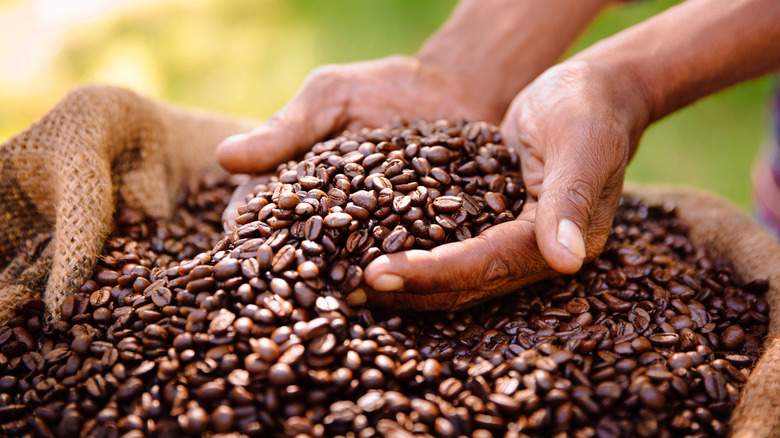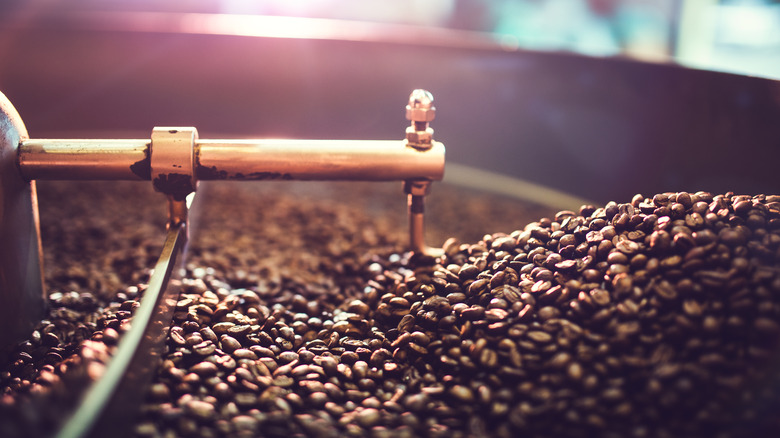Does Dark Roast Coffee Have More Caffeine Than Light Roast?
Coffee is complicated. The modern world is spoilt for choice when it comes to their morning cuppa, but with so many choices it can be difficult to parse out what all of these descriptors mean. Does anyone really know what single origin means? What about the difference between light, medium, and dark roast? Let's face it, most of us are guessing and are too proud to admit it.
Many people think that the darker the roast, the more caffeine there is. Actually, there are also plenty of other people who claim the exact opposite. They say that the light roast is where the caffeine kick is highest. It turns out they're both wrong.
Caffeine is more or less the same regardless of the type of roast. Caffeine isn't really affected by the roasting process at all, which means no matter how you roast it, it's going to stay the same all the way through. You could probably find individual batches that have higher or lower caffeine content, but it wouldn't be because of the roast — it would actually come from the coffee bean itself. Fun fact — coffee beans aren't really beans, which is a relief because boiled bean water sounds pretty gross.
Difference between light and dark roast
So, what is the difference between the different roasts? It all comes down to flavor more than anything. Raw coffee tastes a little like herbal tea. When we roast it, we're bringing out the coffee flavor we're familiar with. A light roast is done at the lowest temperature for a shorter period of time, a dark roast is at higher temperatures for longer, and a medium roast is in the middle.
Light roasts are known for their ability to highlight the flavors of the coffee itself. There's a lot more consistency in flavor with dark roasts because most of the uniqueness of the bean has been roasted away. If a coffee roaster has a really nice coffee bean on their hand, and they want to show off the natural flavors of that specific plant, they are more likely to go for a light roast. That doesn't mean light roasts are always better than dark roasts; it's more to show there are different reasons why a roaster might choose one type over the other. If you want to get really deep into the weeds, there are actually way more than three ways to roast coffee, but these three are the most common descriptors.

